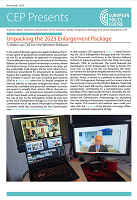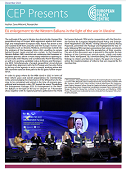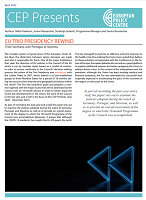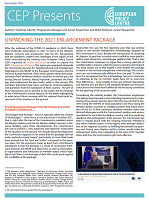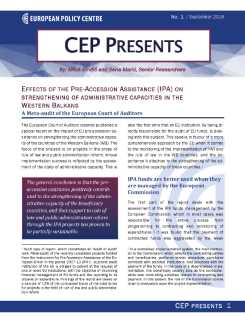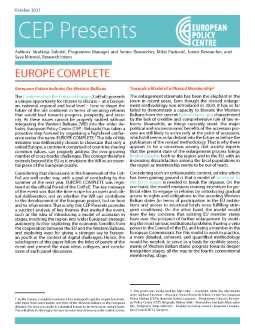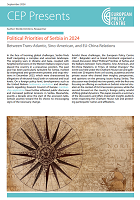
Political Priorities of Serbia in 2024: Between Trans-Atlantic, Sino-American, and EU-China Relations
Political Priorities of Serbia in 2024: Between Trans-Atlantic, Sino-American, and EU-China Relations
Keywords: Serbia 2024 political priorities; Trans-Atlantic relations; Sino-American relations; EU-China relations; foreign policy challenges; Serbia-EU relations; geopolitical strategy; Serbia-China cooperation;
In the face of looming global challenges, Serbia finds itself navigating a complex and uncertain landscape. The ongoing wars in Ukraine and Gaza, coupled with heightened tensions in the Western Balkans region, have placed the country in a precarious position. The past year has been particularly turbulent for Serbia, marked by widespread anti-government protests and snap elections in December 2023, which were characterised by allegations of electoral fraud, both on national and local levels. On a foreign policy level, developments such as the United Nations Srebrenica resolution and developments regarding Kosovo’s Council of Europe membership application have further inflamed public discourse and increased political tensions in Serbia. Meanwhile, exactly a decade since the start of the accession talks, Serbia’s journey toward the EU shows no encouraging signs of the necessary change.
More...
